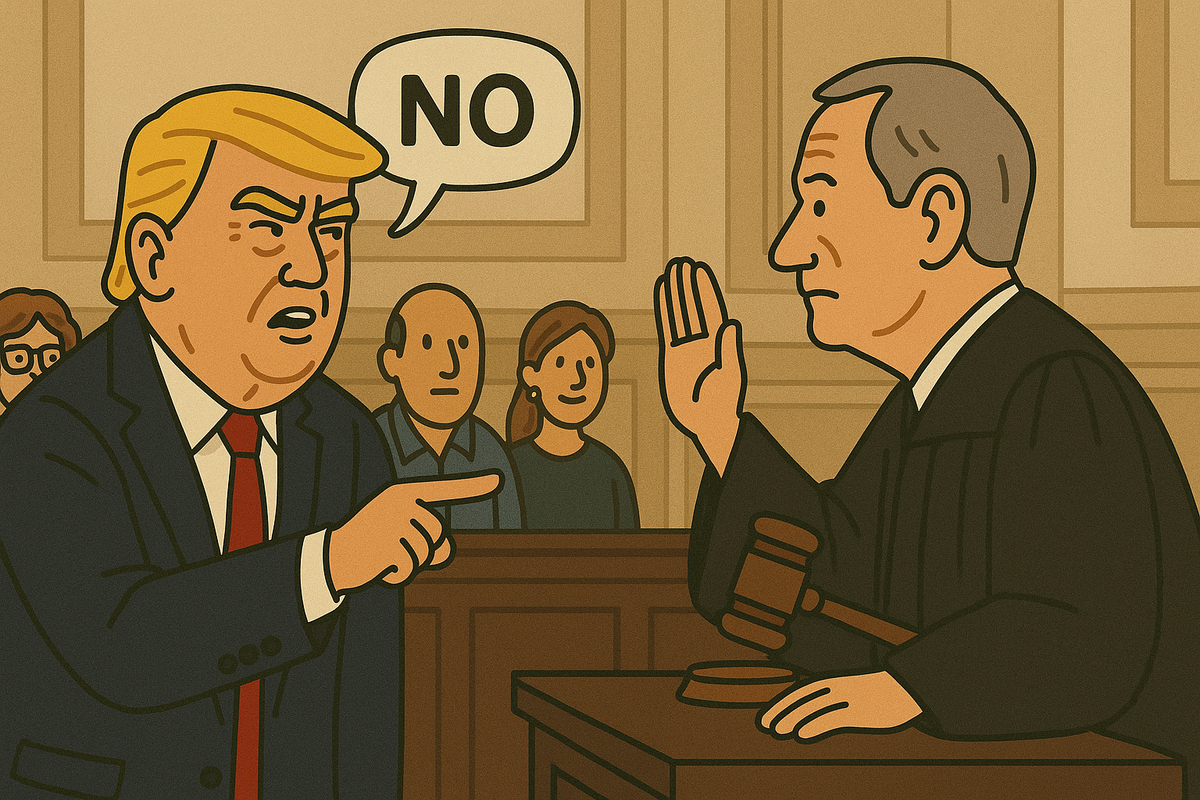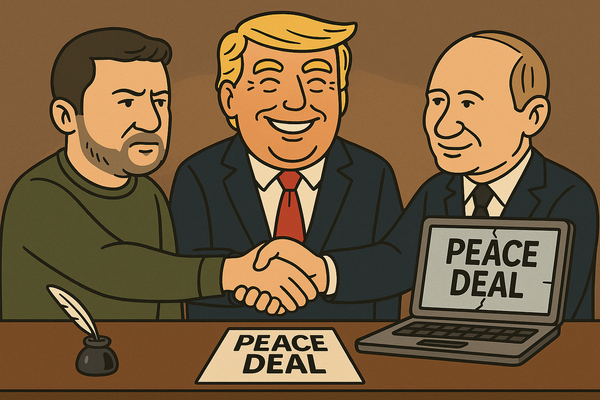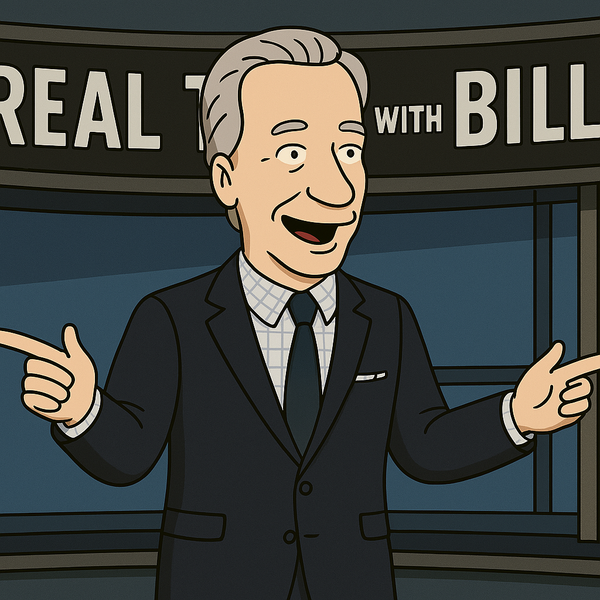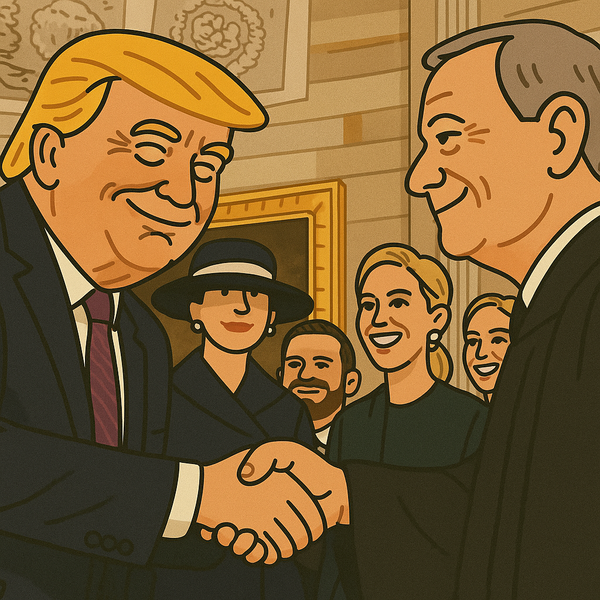What If Trump Just Said No to the Court?

There’s been a lot of talk about Donald Trump potentially ignoring a Supreme Court ruling, and whether or not that would lead to a constitutional crisis. Andrew Jackson famously, after a ruling he disagreed with, supposedly said, “John Marshall has made his decision; now let him enforce it.” While it’s not entirely clear whether Jackson actually said that, he did actually ignore a Supreme Court ruling—and forcibly removed the Cherokee people from their land anyway when he was ordered not to.
So, when could a president like Trump be justified in doing the same thing?
Imagine the Supreme Court ruled that the Second Amendment does not guarantee the American people’s right to own a gun. Would the president actually be mandated to follow that ruling? Almost certainly not. The Constitution is quite clear: the American people have the right to bear arms. The Supreme Court cannot unilaterally override the Constitution. So, if there were a ruling from the Court that was clearly, plainly, obviously, and insanely wrong, there could be a case where the president would be justified in ignoring it.
That said, you’d have to be extremely careful about when and how to do that. You wouldn’t want to ignore a ruling that’s a close call, or make it a habit, because then you’d run into the problem of not having a consistent or principled standard for taking such a provocative action. But there are examples—like the Second Amendment hypothetical—where a president might reasonably justify ignoring the Supreme Court.
Perhaps these recent rulings on illegal immigration aren’t quite that extreme. But if the Supreme Court doesn’t put a stop to the madness coming from lower courts that try to prevent the executive branch from enforcing clearly written law, it’s something President Trump should definitely consider.




